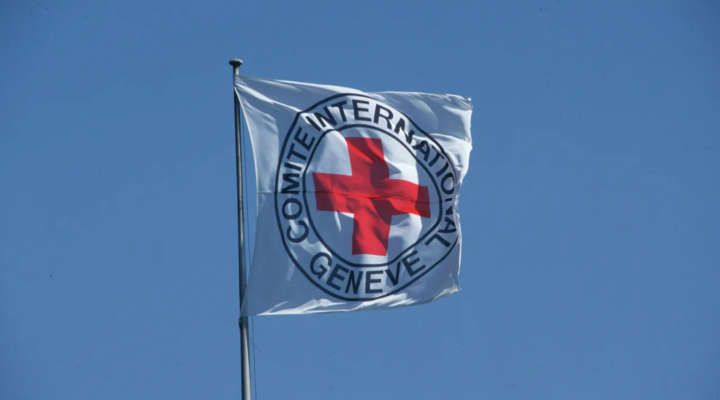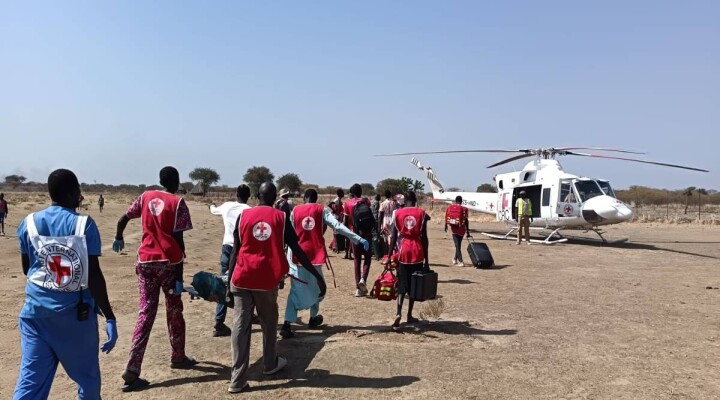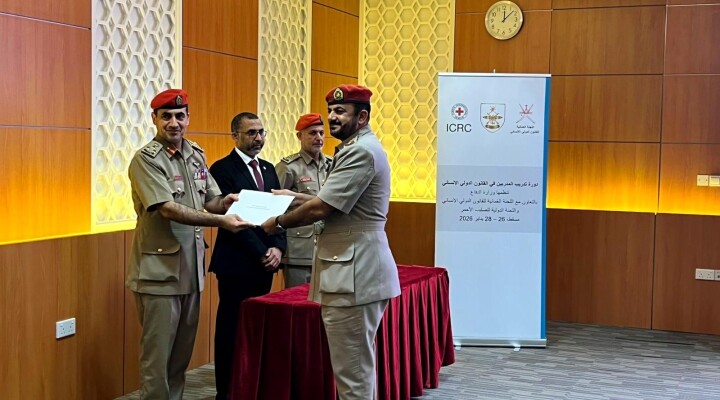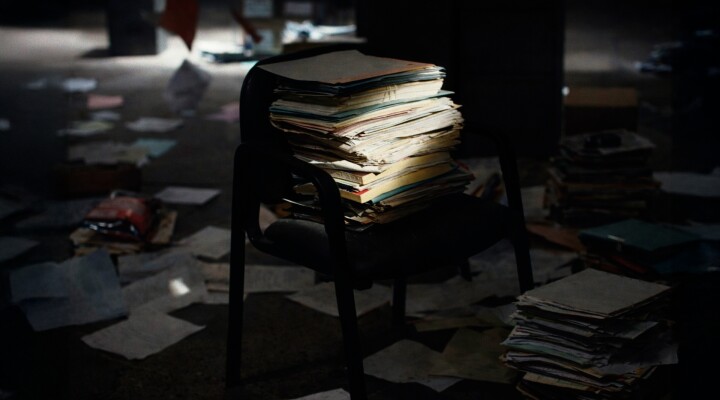Mine awareness day Iraq: The land of mines past and present
On the eve of International Mine Awareness Day (4 April 2016), the International Committee of the Red Cross (ICRC) is highlighting the threat to civilians from anti-personnel mines and unexploded ordnance in Iraq –one of a number of countries where new mines are being laid.
Iraqis live with the constant risks from explosive remnants of previous wars as well as those from today’s conflict.
For the thousands of men, women and children, who decide to flee the violence, they literally risk life and limb as they cross hills and mountains pitted with landmines and unexploded ordinance laid by retreating forces.
Iraqi military personnel carry out security checks on those fleeing to check that they are civilians. “There are hundreds of families in Hawija escaping towards Al Alam, Tikrit area and Al Dor. We provide them with food and water and check their IDs”.
This man fled Hawija where he says life was unbearable.
“We got the chance to escape through the Himrin mountains. It took us 13 hours to reach here. It was a very dangerous road. We are all exhausted but we had no option but to take the risk.”
For these families there is no way back, they can only focus on pressing forward to safer areas.
Even when a city, like Ramadi, has been declared safe people are reluctant to return because of the unexploded ordinance.
The head of the ICRC delegation in Iraq, Katharina Ritz says that: “When they want to go back home after the conflict in a city which has been recaptured and declared safe such as Ramadi or Sinjar they face an additional danger because it has been so heavily contaminated and unexploded ordinance and mines have been planted and this will take a very long time to clean.”
The ICRC, the only international humanitarian organization in Ramadi, had to shut down its offices in the city in April 2015 due to fighting in nearby areas. Today weapon contamination staff are checking for booby traps and unexploded ordinance with a view to reopening the office.
Despite closing the office in Ramadi, the ICRC delivered aid to 150,000 people in remote areas of Anbar province in 2015.
The ICRC welcomes the progress made since the Mine Ban Convention came into force in 1997. 20 years ago, some 20,000 people were being killed and maimed by anti-personnel mines. Today the numbers of causalities is down to 3,500. However the organization says more states still need to ratify the Convention and fulfill their obligations not lay more mines and to clear mines already laid.
Shotlist:
Location: Himrin Mountains, Salahuddin, Ramadi, Bagdad, Amiriyat al Falluja, Iraq
Length:5:37
Format:MP4
Production: Ralph El Hage and Saif Salim
Camera: Various
Sound: English and Arabic
ICRC ref: AV460N
Date: March 2016
0:00 Security personnel on the look-out for IDPs crossing the Himrin mountains
0:29 IDPs from Hiwaja arriving at Iraqi security checkpoint
0:51 SOUNDBITE IRAQI MILITARY PERSONNEL (ARABIC)
“There are hundreds of families in Hawija escaping towards Al Alam, Tikrit area and Al Dor. We receive tens of families daily and provide them with food, water then we conduct a security check where we check their IDs”
1:16 IDP families arriving receiving food and water
1:32 SOUNDBITE IRAQI IDP FROM HAWIJA (ARABIC)
“We got the chance to escape through the Himrin mountains. It took us 13 hours to reach here. It was a very dangerous road. We are all exhausted but we had no option but to take the risk.”
1:49 Pick-up trucks with IDPs leaving
1:59 SOUNDBITE ICRC HEAD OF DELEGATION IRAQ KATHARINA RITZ (ENGLISH)
“People who want to flee cities along the frontlines, they have to choose paths and roads which are heavily contaminated with weapons with unexploded ordinances in order to pass to safer areas. Moreover when they want to go back home after the conflict in a city which has been recaptured and declared safe such as Ramadi or Sinjar they face an additional danger because it has been so heavily contaminated and unexploded ordinance and mines have been planted and this will take a very long time to clean.”
02:34 Destruction of Ramadi
03:05 ICRC weapons contamination staff checking for booby traps and mines in ICRC Ramadi office
03:34 Checking for booby traps inside the ICRC office.
4:24 SOUNDBITE HEAD OF ICRC RAMADI OFFICE, ANBAR PROVINCE; MALEK BAKLATI (ARABIC)
“The ICRC was the last humanitarian organization to leave Ramadi city in 2015. Today we hope to reopen our office as soon as possible to be close to the people who need our help”.
4:44 Distribution of aid at an IDP camp in Amiriyat Fallujar, Anbar Province
05:37 END



